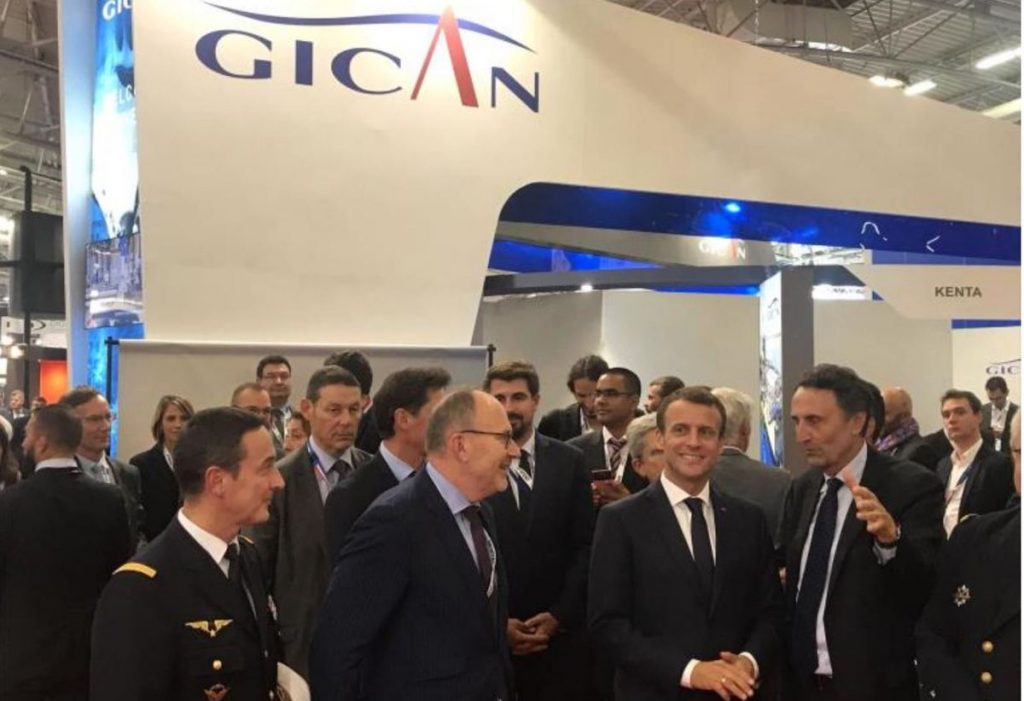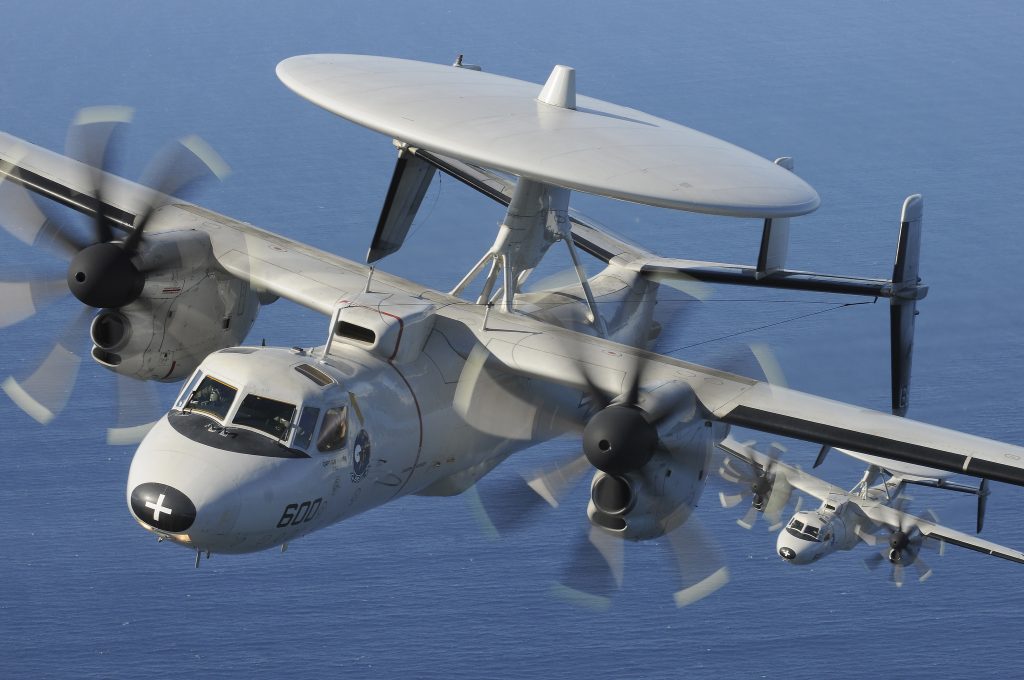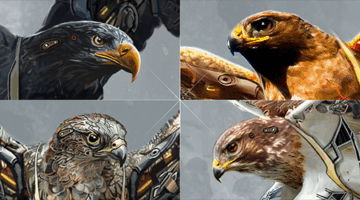
Two years have passed since Le Bourget hosted the last Euronaval show, two years during which the maritime world has become increasingly multipolar.
For example, just in the submarine business, more than 40 countries are nowadays involved. In the meantime, Russia added 28 new ships to its fleet in 2018 alone, while China, with a production rate of one frigate and one submarine a month, is supposed to supplant the United States as the world’s largest navy by the end of this year. “China soon should have six aircraft carriers; the first being in service, the second being tested and the third under construction, while the number of corvettes jumped from 16 in 2012 to 56 today and the number of destroyers from 18 to 29,” stresses Alexandre Sheldon-Duplaix, senior research fellow at the Paris War College.
These are a few of the facts laid out at the outset of the Euronaval 2018 late October exhibit in its inaugural conference, prompting several European naval commanders to present what could be described as a wake-up call on military strategy in the maritime domain.

Both France and the United Kingdom were major naval powers till the end of the Cold War, in third and fourth positions after the USA and the USSR in 1990: they still are among the top 10, but have slipped to fifth and sixth position, with China and Japan now right in between.
The United Kingdom has therefore embarked on a “quantum leap” modernization program centered around the Queen Elizabeth carriers, which Commodore Steve Allen, Royal Navy Assistant Chief of staff Carrier Strike and Aviation, described as “built with flexibility and redundancy in mind.“ This marks the resurgence of big decks and the redefinition of what multi-mission is all about thanks to the F-35B’s ability to deliver air-to-air, air-to-surface or electronic attack capability to “exploit the battlespace to the maximum advantage,” Allen says. Adopting Theodore Roosevelt’s famous motto — Speak softly and carry a big stick — Commodore Allen indeed did speak softly but laid out a pretty impressive picture of where the Royal Navy is today.
For the French Navy, the horizon of the modernization program known as the Mercator Plan is a bit further away, set at 2030. It involves in particular grasping what Hervé Guillou, CEO of Naval Group, refers to as the “tsunami of the digital sea”, as well as being able to “see beyond the optical and radar line of sight“ by developing – among other assets – tailored drones and big data capabilities.
According to Mercator, the French Navy will welcome the first demonstrator in 2021 for the SDAM (or Système de Drone Aérien pour la Marine), which was presented during Euronaval. It’s based on the VSR700 currently being developed by Airbus Helicopter and Naval Group, with IOC planned for 2028. The Black Hornet micro unmanned aerial vehicles, as well as Medium Altitude, Medium Endurance (MAME) UAVs, will support the missions of French Seals (Fusiliers Marins) as early as next year.
As Vice Adm. Denis Béraud, Deputy Chief of the French Navy, stressed during the Euronaval 2018 opening event, there has been in recent years an increasing sense of danger in various parts of the world, where sailing through “used to be a simple formality,” Today, whether in the strait of Bab el Mandel or in the Strait of Hormuz, attacks and the threats of drones, mines or missiles have grown exponentially, and French sailors need to experience “the smell of gunpowder“ by training more often with real ammunition.
Training is also among the priorities laid out by Vice Adm. Béraud’s German counterpart, Vice Adm. Rainer Brinkmann, Deputy Chief of the German Navy and Commander of the German Fleet and supporting forces. The ultimate goal is to increase the resilience of the German Navy toward “360 degree readiness“. For the most part dedicated to the defense of NATO’s northern flank today, the German Navy is seeing a noticeable evolution of doctrine underway from crisis management (with a constant participation for example to the Atalante Operation since 2008 and Sofia since 2015) towards more focus on homeland security.
As for the UK and France, a surge in naval procurement is occurring, while Germany is developing multiple partnerships: in the submarine field with Norway; with the exchange of cadets and a new Maritime Patrol Aircraft project with France; with the renewal of traditional links with the Netherlands. But, quoting Konrad Adenauer, the German vice admiral stressed that “we all live under the same sky, but we don’t have the same horizon,“ a statement, that, while true, is causing sorrow for many naval decision-makers.

Several announcements about new cooperation agreements were, as usual, made here, the most advertised being the Franco-Italian Naval Group – Fincantieri 50-50 joint venture.
For the United States, Euronaval was an opportunity to reinforce a long standing relationship with France on maritime security, as demonstrated by the fact that an E-2D Advanced Hawkeye was flown especially from the CENTCOM’s area of responsibility for the occasion. France is so far the only Hawkeye operator with the United States to deploy the latter from an aircraft carrier. With three E-2C models procured in 1998 and currently being retrofitted, the next French program law should include the procurement of three new Delta versions to be delivered by 2026-2028.
Such a planning matches the confirmation which was officially made by the French minister of the armed forces that the study phase for the successor of the carrier Charles de Gaulle is under way to be contracted. The United States and France have already initiated preliminary talks about equipping the future PA NG (Porte-Avions de Nouvelle Generation) with an Electromagnetic Aircraft Launch System (EMALS).
Last, but not least, for the first time in the history of Euronaval, the French President made his mark with a visit to stress once again the importance of innovation while first visiting SEAnnovation, a new space dedicated to 34 start-ups of various nationalities.

